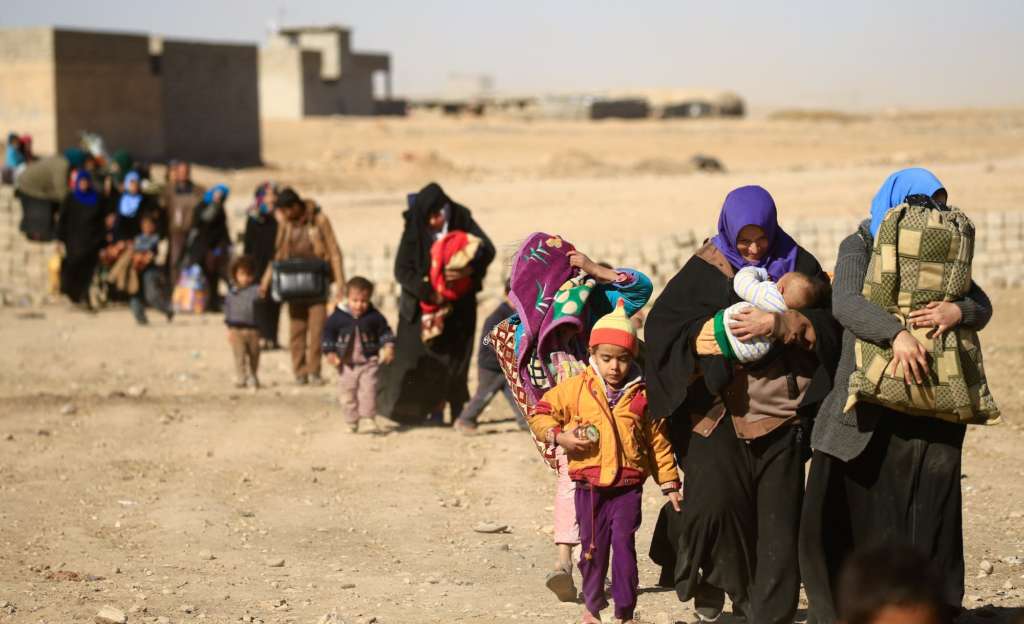Baghdad – The residents of the regions that were liberated from ISIS are still suffering from complicated social and humanitarian conditions.
Among these issues are the cases of the wives and children of the terrorists, a matter that needs a radical solution by the state.
Civil activist and head of the Amal Association Hana Adwar said that the majority of the women who married members of ISIS “are broken and in dire need of psychological care.”
They require the state’s “flexibility” to allow them to regain trust and feel safe, she told Asharq Al-Awsat.
Even if they willingly married an ISIS member, they still need care because they simply must have been forced to do so, she explained.
Perhaps they did not know the nature of their husband’s work as is often the case of other women, Adwar noted.
She acknowledged however that there are no accurate statistics on the number of women who married ISIS extremists.
Armed groups expert Hashem al-Hashemi, who heads a research team on such marriage cases, said that the terror organization left behind documents that reveal some 3,700 cases that were approved by the religious court.
These figures do not however cover all marriages that have taken place in the three years that ISIS was in control, because several locals have married extremists off the record or outside of courts, he added.
The research team said that there are four cases in which a woman marries a member of the terrorist group. She can marry him with the knowledge and consent of her parents; be forced to marry by her caregivers, such a brother of father; marry without the knowledge of her relatives, who fled ISIS oppression; or marry a foreign fighter.
The fourth form of marriage is the most complicated because it is difficult to identify the father.
Hashemi said that extremists from 68 nationalities had joined ISIS in Iraq and the majority of marriages to foreigners took place in western Mosul and the city of Talaafar.
Iraqi authorities tackling these case have a difficulty in determining the identity of the father because he was either killed or had left Iraq. There are no official documents of the union, forcing the state to refer the children to the law on treating foundlings. They are eventually registered under the care of the father or brother from the mother’s side.
Sixty-seven such cases have been recorded, said al-Hashemi.
All cases, but the marriage to a foreign fighter, are treated from a legal standpoint in Iraq because they are legitimate.
For the marriage to a foreign fighter, the state requires a document from the ISIS legal court that proves the union. It will then be transformed into an official government document.
Should the wife fail to have this document from the ISIS court, she will need two witnesses, who can confirm the marriage, and the recognition of the extremist’s parents of the legitimacy of the child and marriage.
Through the state’s efforts, 80 of these marriages have been recorded. A DNA test is taken when the parent of the ISIS member denies the marriage or the legitimacy of the child.
